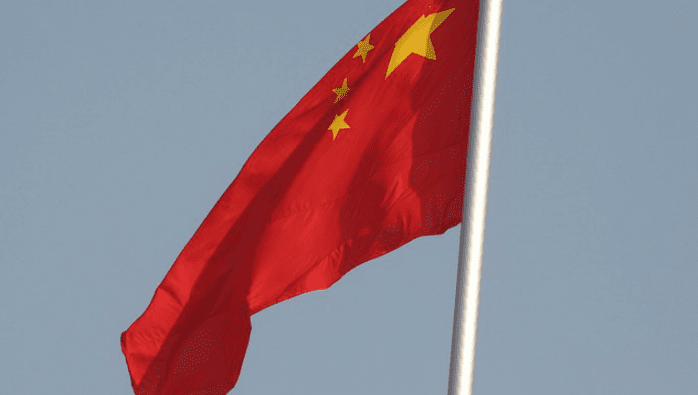China intends to tighten regulation of online consumer lending at a time when Chinese fintech lending startups are planning initial public offerings in the US. This presents a significant setback as US investors are unlikely to buy the shares as they would have done had the proposal for regulation not been put forward.
According to Ji Zhihong, head of the financial markets department at the People’s Bank of China, the need for increased regulation has arisen out of the increasing public doubts about the operations of the online lending models. He says, “In order to prevent and resolve the related risks, the central bank is working with the related departments to deal specifically with risks from internet finance.”
Household debt to GDP ratio in China has been low. Consequently, authorities have encouraged the growth of consumer credit to rebalance the economy towards consumer spending. Unfortunately, concerns have arisen from irresponsible online lending. The tight regulations are meant to guard against risks associated with rapid growth of online consumer lending.
Online consumer lending has gained significance in China, replacing peer-to-peer lending which declined following tighter government regulation in 2016. The regulations were part of the Chinese government measures to restrict the proliferation of online financial companies and affected not only P2P lending but also crowdfunding and online insurance. In essence, the government suspended the registration of new businesses with finance-related names unless approved by the financial regulator.
While the 2016 regulation affected other online financial services, the country’s $60 billion peer-to-peer lending sector, which had been dogged by scandals and fraud due to loose oversight was the most hit.
A joint document issued by the China Banking Regulatory Commission (CBRC), Cyberspace Administration of China, Ministry of Public Security and the Ministry of Industry and Information Technology, P2P platforms were prohibited from taking public deposits, creating asset pools, or providing any form of guarantee for lenders. Further, the rules prevented P2P firms from issuing asset-backed securities or selling asset management products. Additionally, they were to use third-party banks as custodians for investors’ funds.
Although the intended tightening of online consumer lending regulations will no doubt affect the companies that were eying the US investors for their IPOs, the Chinese government move is in the public interest and informed by experience.
The government has always been cautious since the Ezubo fraud, one of China’s largest investment frauds, resulting in 900,000 investors losing a total of $7.6 billion through a classic ponzi scheme. Such large scale losses by investors can lead to social unrest. On the other hand, oversight of financial services companies has a positive effect on the sector by weeding out fly-by-night operators and increasing investor confidence.



































